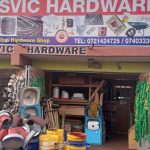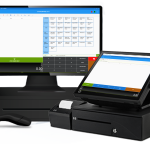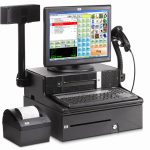- April 16, 2019
- Posted by: simba001
- Category: Retail POS System in Kenya
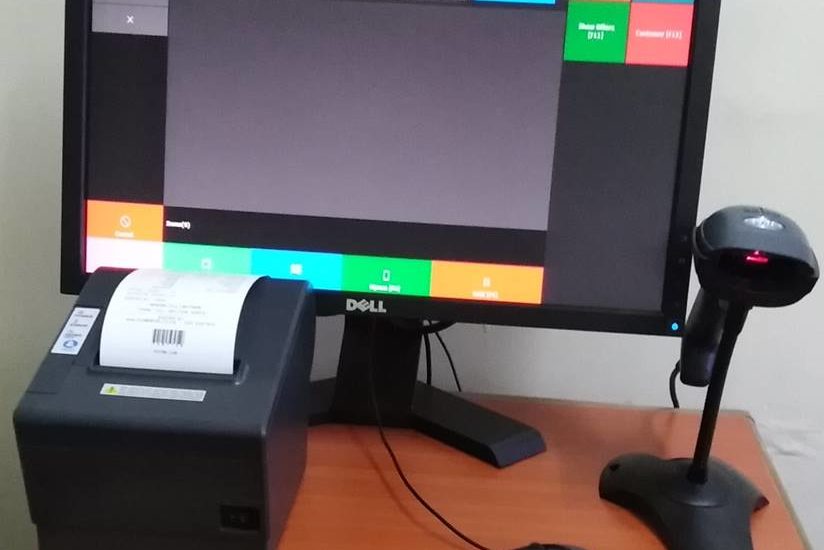
We recently put together a guide to buying a POS system, but we still had many questions surrounding the best point of sale hardware for small businesses. And for good reason – not all POS hardware in Kenya was created equal. Nearly every system on the market can perform basic transactional operations, but many of them fall short of what your point of sale hardware should accomplish: create a better customer experience and increase business efficiency and profits.
A modern POS solution must effectively combine advanced software with great hardware. The functionalities that your software offers can only be realized with powerful, high-performing hardware. So let’s consider some of the differences in types of POS equipment in this small business POS hardware guide.
What Pieces of POS Hardware Does Your Store Need?
Though not every retailer needs each and every of these equipment items, most do. High-quality solutions will last longer and give you fewer problems, making the checkout process easier and faster. The 6 POS hardware in Kenya items listed below are the most common, though some niche SMBs might consider getting customer signature screen captures, scales, or label printers.
POS Desktop
A desktop terminal is the most powerful solution for retailers. The processing power is greater and transaction speeds will be quicker. For some SMBs, having a stable unit in place is beneficial. It creates a clearly defined cash wrap or checkout area. Desktops are also nearly impossible to steal. Top of the line solutions also come with customer-facing displays and touchscreens, improving the retail checkout experience.
Desktops, however, come with a few downsides: they are more expensive and take up more space. For small retailers with limited space, a desktop might not be worth the real estate.
 mPOS
mPOS
But you still have an option to get a mobile POS system! Tablets are a great alternative or addition to desktops. They are sleek, lightweight, and versatile. One of the biggest benefits of mPOS systems is the flexibility it provides. During busy periods you can open up a new line within seconds. Associates can also accept payment on the retail floor if they are helping out a shopper. Tablets are also remarkably inexpensive, and only require a credit card reader to attach and allow payment processing.
Tablets are much less powerful than desktops and more prone to software lag. Transaction speeds will be slower, only if slightly. For businesses with constant lines, like coffee shops or popular apparel stores, tablets might keep your lines moving too slowly so you should opt for other Desktop POS hardware in Kenya.
Credit Card Machine (PDQ)
Credit card machines are, of course, a necessity for nearly every business. An upcountry/estate outlet can still get away with being cash only, but most customers expect to have the convenience of paying with a card.
At this point, you must also need to accept both debit and credit transactions. Any credit transactions must be run through an EMV chip reader rather than swiped. Though POS debit transactions can still be swiped, it’s important that your credit card machine comes equipped with a chip reader.
Receipt Printer
Don’t skimp on your receipt printer. Its job is simple, but malfunctions can be remarkably frustrating. Old ribbon printers jam or print with poor visibility all the time. It’s worth buying a modern receipt printer that automatically prints each receipt with a laser instantaneously upon a completed transaction. A receipt printer is one of the core POS hardware in Kenya
 Cash Register/Drawer
Cash Register/Drawer
Selecting your retail cash drawer will be the easiest part of the process. These are typically all reliable and functional. The most important thing is to be sure that it only unlocks with the proper commands and can’t easily be broken into.
Barcode Scanner
The barcode was one of the most important retail inventions of the past century. It’s been so good that it has only slightly evolved since its inception. For most shops, each product is labeled and cataloged by its barcode. On the front end of retail operations, this makes the checkout process quick and easy. A barcode scanner simply reads the barcode and the product is recorded in the point of sale. The scanner also ensures more accuracy. Numbers are never punched in incorrectly or missed entirely.
Additionally, scanners are useful for inventory. Scanning all product inventory into a database is much more efficient than hard counts. And again, more accurate.
 How Much Does POS Hardware in Kenya Cost Small Businesses?
How Much Does POS Hardware in Kenya Cost Small Businesses?
This is a tough question to answer because it can vary so greatly based on a business owner’s needs. The budget for POS hardware in Kenya is obviously going to be a lot greater for a liquor store chain with 15 locations and 3 terminals per store than a boutique shop that needs a single tablet.
But, in general, a desktop or Desktop POS system will be between Ksh 65,000 and Ksh 150,000, but high-end solutions can be several thousand. Like normal computers, there is a wide range of pricing based on processing power and functionality.
As you might imagine, tablets or mPOS systems are much more inexpensive. Most tablets will cost a few thousands and provide high functioning systems. Your POS software must integrate with whatever tablet you choose.
Peripherals can also range in price, but less so than desktops. Receipt printers and basic credit card machines typically run Ksh 14,500-30,000. Cash drawers can be as inexpensive as Ksh 7,500, though more secure registers will be over Ksh 10,000. Barcode scanners have the widest range of prices – basic scanners are Ksh 5,000, while more versatile tools that can be used for stocking and inventory can run as high as Ksh 100,000.

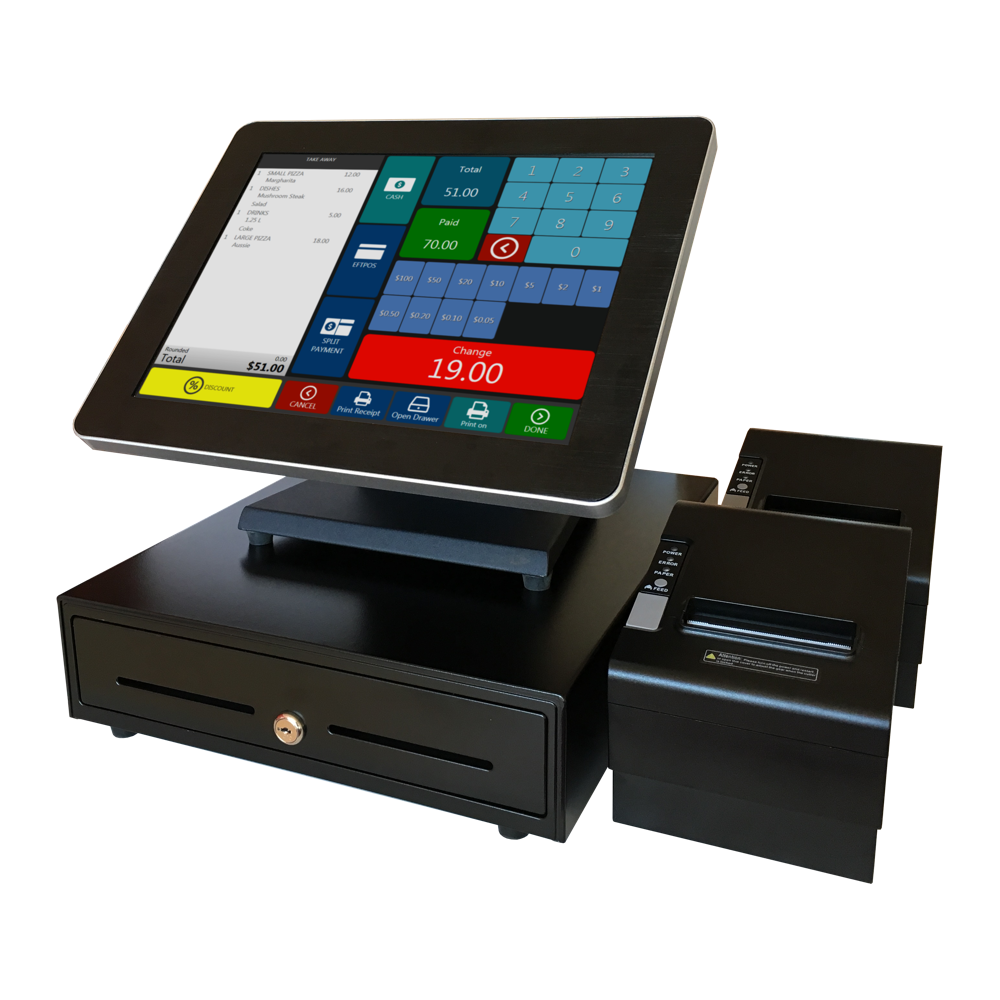 mPOS
mPOS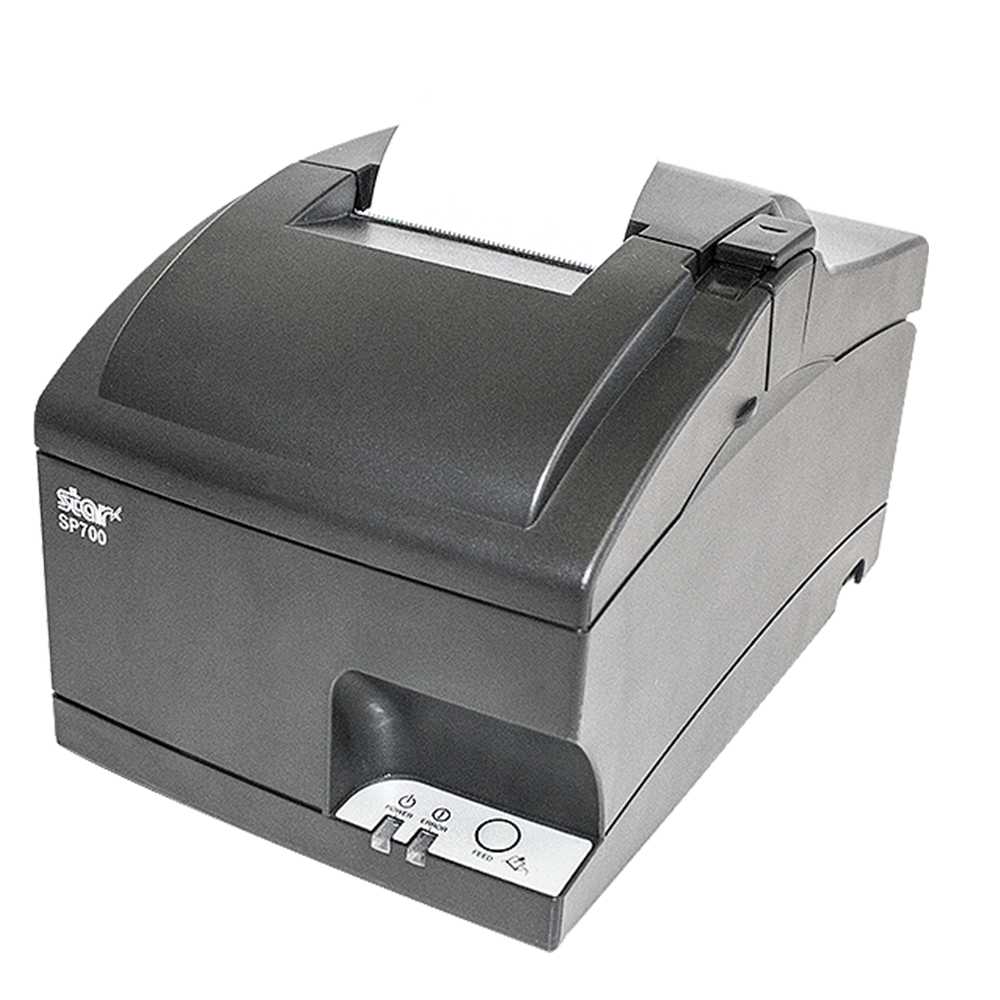 Cash Register/Drawer
Cash Register/Drawer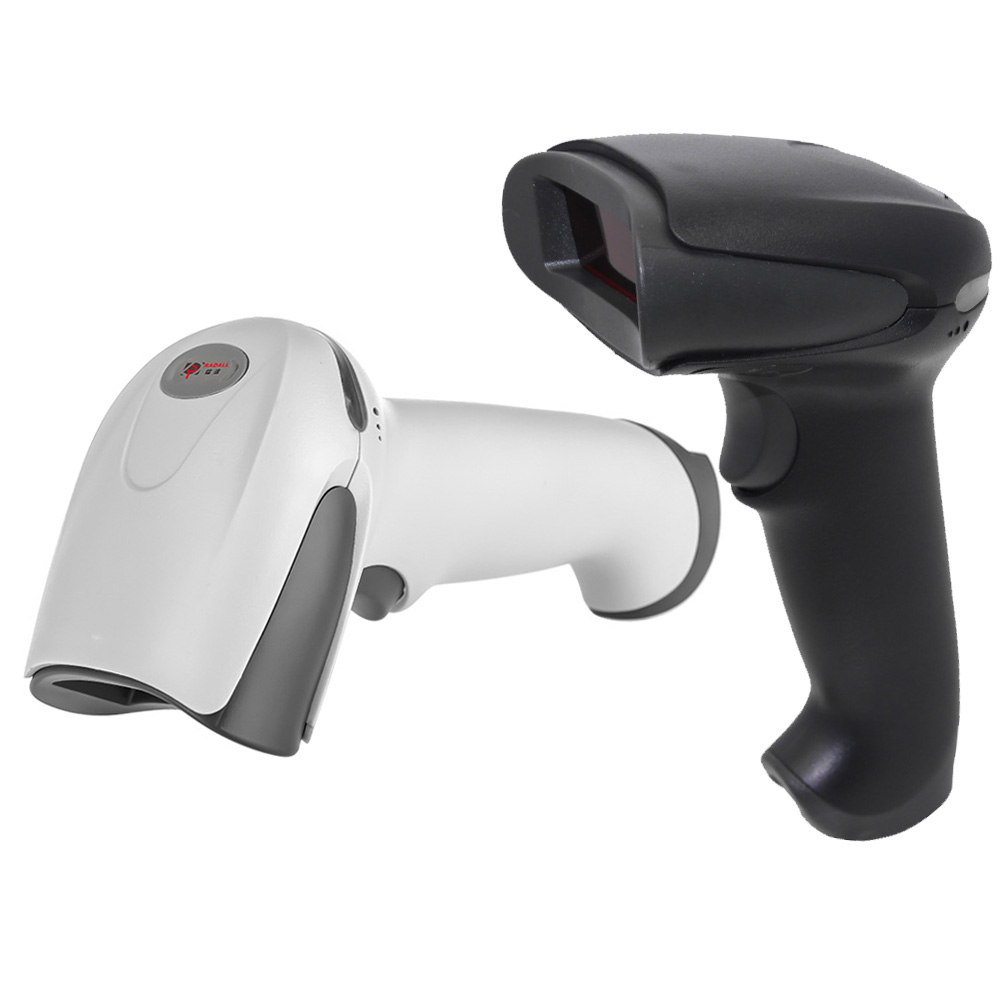 How Much Does POS Hardware in Kenya Cost Small Businesses?
How Much Does POS Hardware in Kenya Cost Small Businesses?